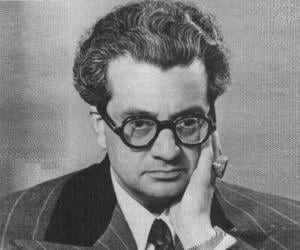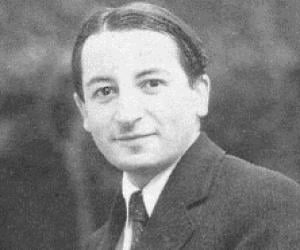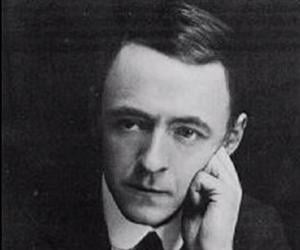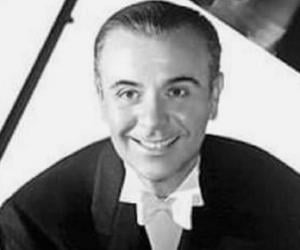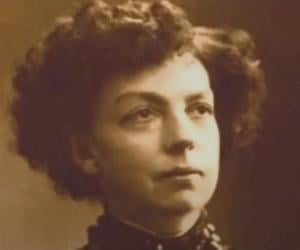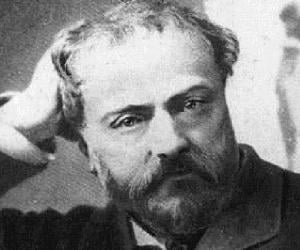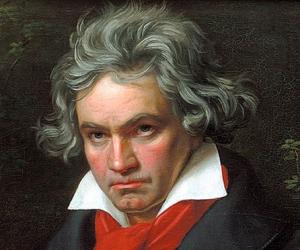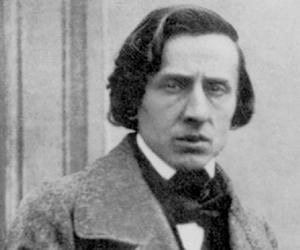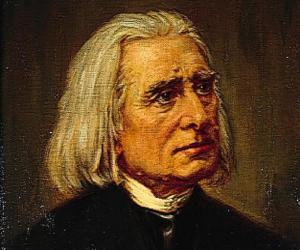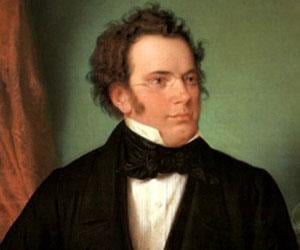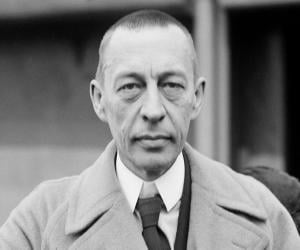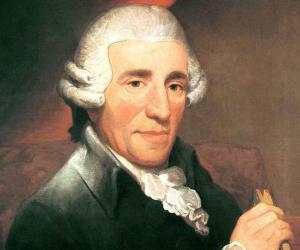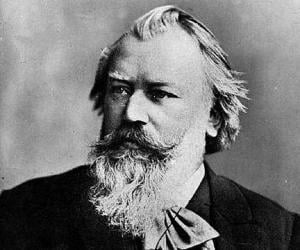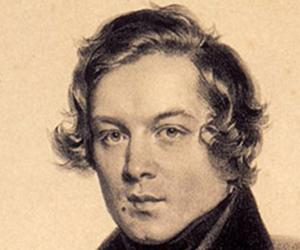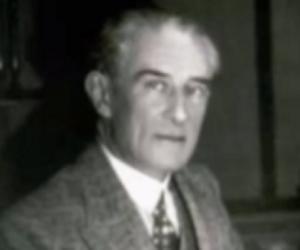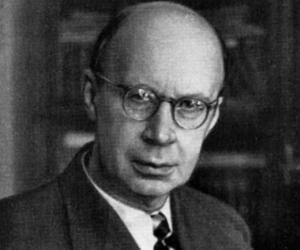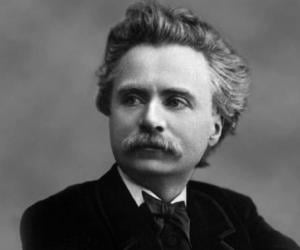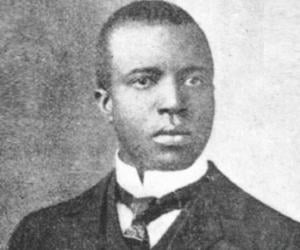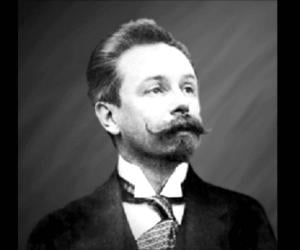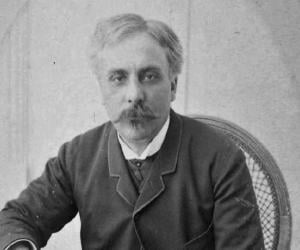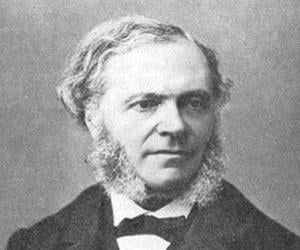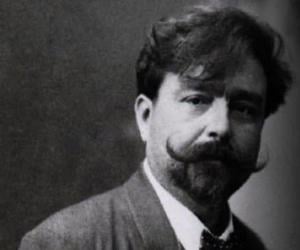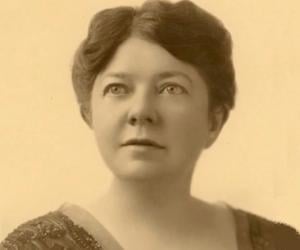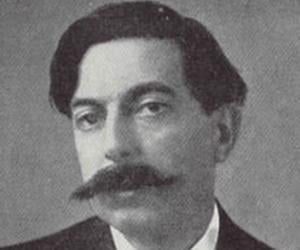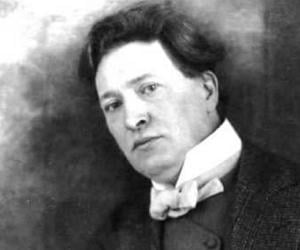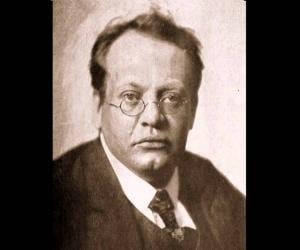German composer and pianist, Ludwig van Beethoven, remains one of the most admired composers in the history of Western music even two centuries after his death. Born into a musical family, he was initially tutored by his father. He found success early as a pianist and went on to become an admired composer despite suffering from hearing-impairment.
Romantic Era virtuoso pianist and composer Frédéric Chopin, nicknamed The Poet of the Piano, is remembered as the inventor of the instrumental ballade. The legendary composer mostly created solo piano masterpieces but also experimented with piano concertos and chamber pieces. He was influenced by Bach, Mozart, and Polish folk music.
Franz Liszt was a Hungarian composer, conductor, arranger, music teacher, and virtuoso pianist of the Romantic era. Considered one of the greatest pianists ever, Liszt's works influenced his contemporaries and successors alike. Perhaps his greatest legacy is his work as a teacher, although his rich body of work might suggest otherwise; he taught people like Karl Klindworth among other pianists.
Austrian composer Franz Peter Schubert was one of the most prominent figures of the Viennese Classical and Romantic periods. He initially performed at the Gesellschaft der Musikfreunde. His compositions include over 600 vocal works and several symphonies, operas, and piano sonatas. One of his most-talked-about works is the Unfinished Symphony.
Sergei Rachmaninoff was a Russian composer, conductor, and virtuoso pianist of the late Romantic period. Credited with exploring the expressive possibilities of the piano, Rachmaninoff's music continues to be featured in films. His four-year struggle with depression, which was followed by the critical failure of his Symphony No. 1, was depicted in the 2015 musical Preludes.
Joseph Haydn was an Austrian composer who played a key role in the progression of chamber music during the Classical period. He is often referred to as the Father of the String Quartet and Father of the Symphony for his contributions to musical form. Joseph Haydn is also credited with mentoring and tutoring Mozart and Beethoven, respectively.
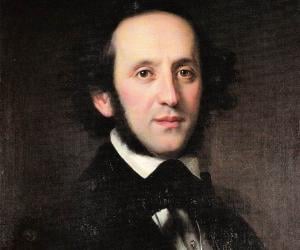
Felix Mendelssohn was a German composer of the early Romantic period. He was also a skilled organist, pianist, and conductor. He composed symphonies, concertos, chamber music, and organ music. His collection of lyrical piano songs Songs Without Words is among his best-known works. He was the founder of the public university The Leipzig Conservatory. He died aged just 38.
Sergei Prokofiev was a Russian Soviet pianist, composer, and conductor. Renowned for creating masterpieces across various genres, Prokofiev is widely considered one of the 20th century's major composers. Many other composers like Arthur Honegger have called Prokofiev the greatest contemporary musician of all time. An open pianists' competition, which is held every year in Ukraine, is named after Sergei Prokofiev.
Russian composer and pianist Aleksandr Scriabin is considered one of the most innovative and controversial of early modern composers. Interested in music from an early age, he built pianos as a young man and didn’t take long to establish himself as a brilliant composer. Unfortunately, he died at the height of his career, at the age of just 43.
One of the greatest composers of all time, French pianist and organist Gabriel Fauré is best remembered for his masterpieces such as Requiem. His music career began at 9, when he was sent to Paris to become a choirmaster. At 75, he was awarded the Grand-Croix of the Légion d'honneur.
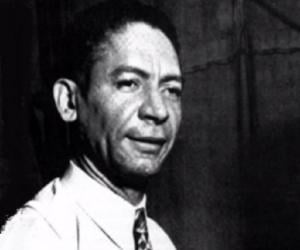
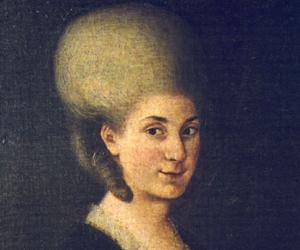
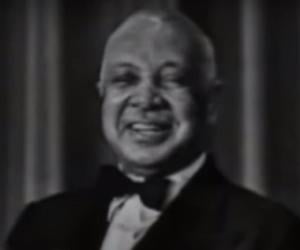

Josef Hofmann was a Polish-American composer, pianist, inventor, and music teacher. From 1927 to 1938, he served as the director of the Curtis Institute of Music in Philadelphia, USA. As the director of the institute, Hofmann was instrumental in recruiting musicians like Efrem Zimbalist, Marcella Sembrich, Fritz Reiner, and Isabella Vengerova. Among his pupils were Abbey Simon and Shura Cherkassky.
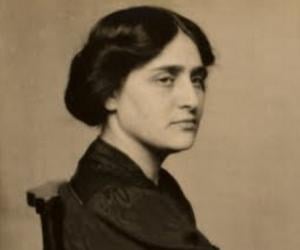
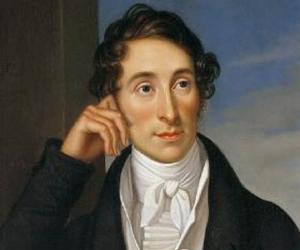
Carl Maria von Weber was a German composer, virtuoso pianist, guitarist, and conductor. A significant musical figure in the Romantic era, he played a key role in the development of the German Romantische Oper (German Romantic opera). He also made significant contributions to vocal and choral music. He was a music critic as well and wrote music journalism.
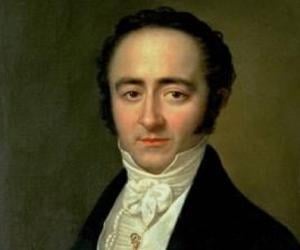
Franz Xaver Wolfgang Mozart was the youngest son of Wolfgang Amadeus Mozart and Constanze. He followed in the footsteps of his father and went on to become a pianist, composer, conductor, and teacher. However, unlike his father, Franz Xaver Wolfgang Mozart was introverted and often underrated his talent. He also had a constant fear of being compared to his father.
Cesar Franck was a Belgian-born French Romantic composer, organist, pianist, and music teacher. Franck, who worked in Paris, is credited with popularizing new instruments made by Aristide Cavaillé-Coll all over France. From 1858 until his death in 1890, Franck also served as an organist at the Basilica of Saint Clotilde in Paris. Franck also taught future composers like Vincent d'Indy.
Isaac Albeniz was a Spanish composer, conductor, and virtuoso pianist. Widely regarded as one of the most important composers of the Post-Romantic era, Albeniz had a strong influence on younger composers as well as his contemporaries. Many of his personal papers are preserved in several prominent institutions, such as the Library of Catalonia.
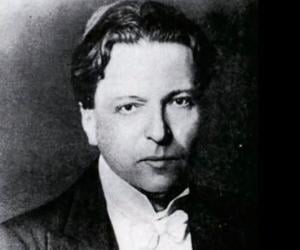
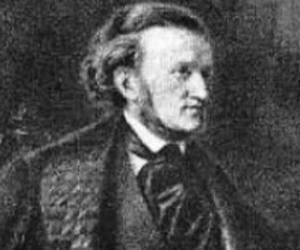
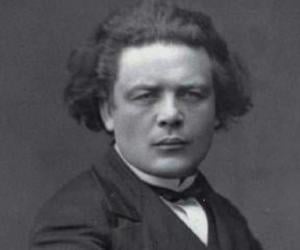
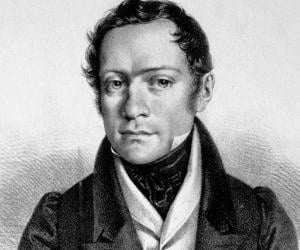
Carl Czerny was an Austrian composer, pianist, and teacher of Czech origin. Born into a musical family, he started playing the piano as a toddler and began composing at the age of seven. He was prolific in his music production and composed over a thousand works, with his music spanning the late Classical and early Romantic eras.
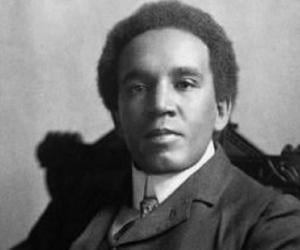
Known as the African Mahler for his bi-racial ethnicity, British composer Samuel Coleridge-Taylor ruled the music scene of the early 20th century. Throughout his illustrious career, he taught music, judged contests, and created many choral and orchestral works. He was best known for the Longfellow trilogy, based on The Song of Hiawatha.
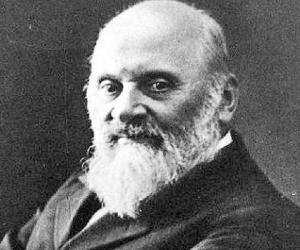
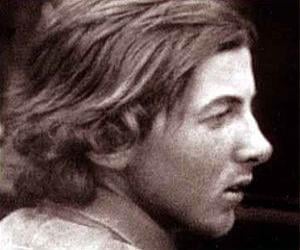
Spanish pianist and composer Enrique Granados gained fame with his nationalistic music. He is remembered for his iconic work Goyescas, which premiered as an opera in New York. Granados lost his life when the ship he was traveling to England in drowned after being torpedoed by a German submarine.
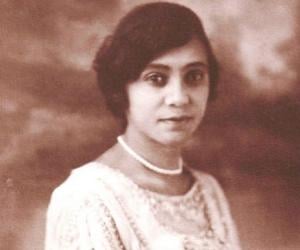
Born to musician parents in Italy, Ferruccio Busoni was a child prodigy, having begun composing at the age of 7. He grew up to be a piano professor in Finland, and his work later took him to Moscow and the U.S. He is remembered for his opera and chamber pieces.
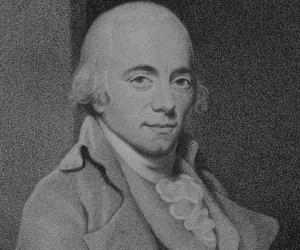
Muzio Clementi was an Italian virtuoso pianist, composer, conductor, music publisher, editor, pedagogue, and piano manufacturer. He developed a technical legato style and then passed it on to a generation of musicians, including Johann Baptist Cramer, John Field, and Friedrich Kalkbrenner among others. Muzio Clementi also influenced world-renowned musicians like Frédéric Chopin and Ludwig van Beethoven.
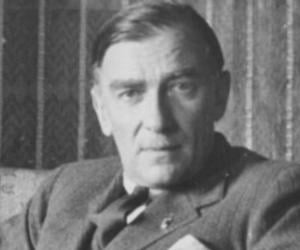
Karol Szymanowski was a Polish pianist and composer best remembered for his opera King Roger, which was composed between 1918 and 1924. An internationally recognized composer, Karol Szymanowski is the recipient of some of the highest national honors such as the Order of Merit of the Republic of Poland and the Order of Polonia Restituta.
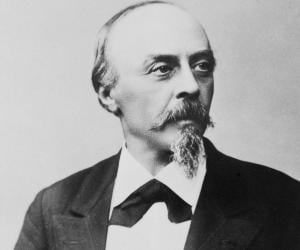
German composer and conductor Hans von Bülow was one of the greatest musical figures of the Romantic era. Known for his work with composers such as Richard Wagner, he eventually lost his wife, Cosima, to him. In his final years, his failing health made him retire to Cairo, where he eventually died.
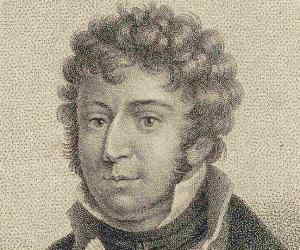
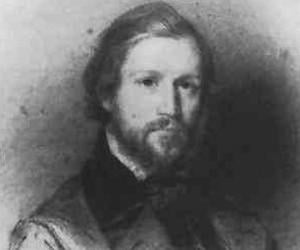
Charles-Valentin Alkan was a French virtuoso pianist and composer. During the peak of his career in the 1830s and 1840s, Alkan was counted among the most important pianists in Paris. Over the years, his music has been admired by several prominent musicians like Anton Rubinstein, Egon Petri, and Kaikhosru Shapurji Sorabji.
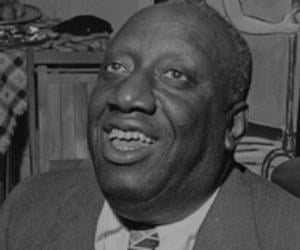
Max Reger was a German conductor, composer, organist, pianist, and academic teacher. Reger, who mainly composed Lieder, worked as a musical director at the court of Georg II, Duke of Saxe-Meiningen and at the Leipzig University Church. His works inspired Austrian-born composer Arnold Schoenberg. His life and career served as an inspiration to a couple of documentary films.
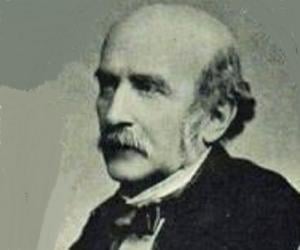
German composer and pianist Otto Goldschmidt was one of the first students at the Leipzig Conservatory. The son of a Jewish salesperson, he grew up to be one of the greatest musicians of the 19th century. He later settled in England and established the London Bach Choir.
